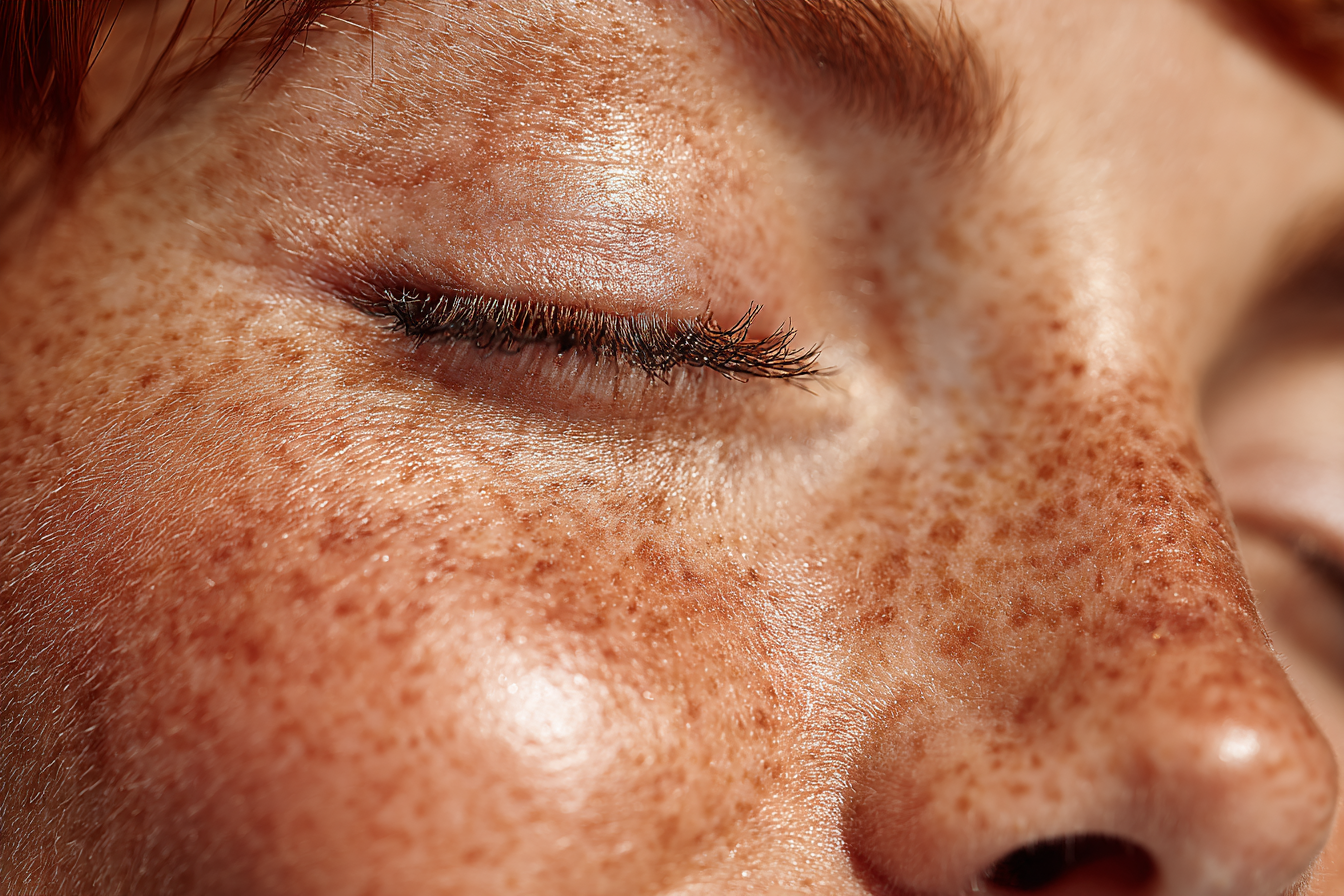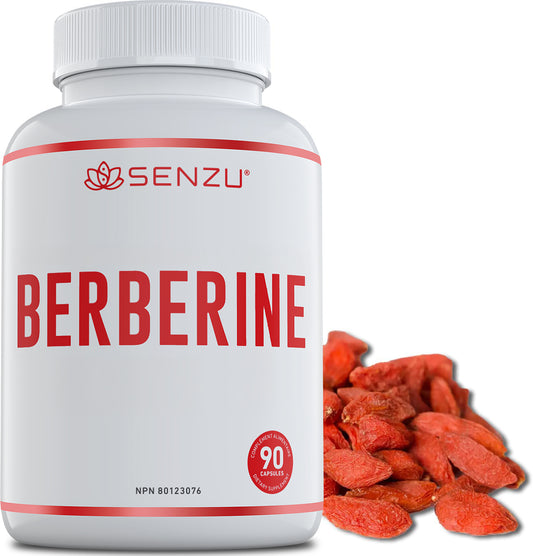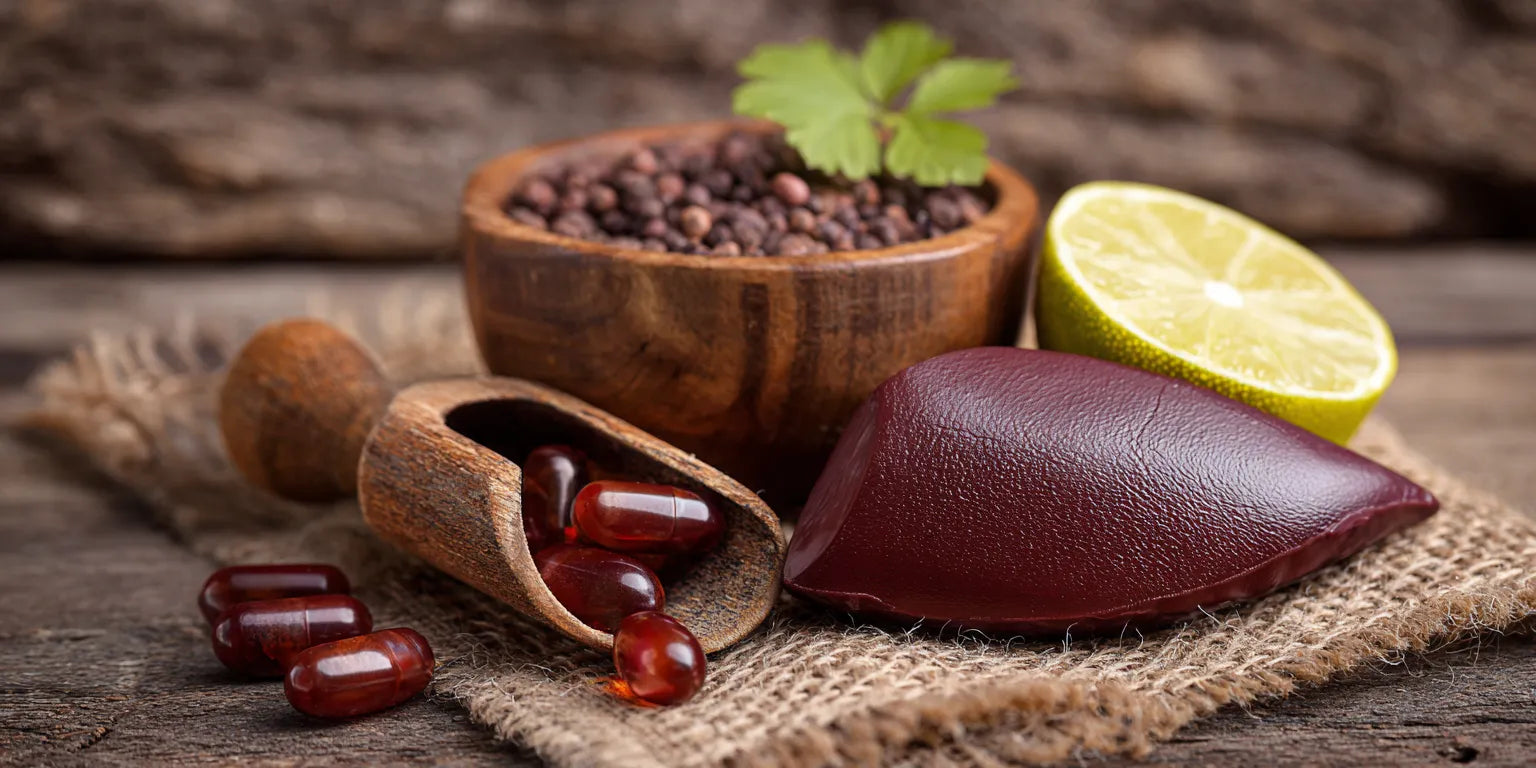Best Skincare Practices for Dry Skin in Summer

Summer can be a challenging season for those with dry skin. While many people assume that warmer weather automatically means more moisture, the reality is quite different.
Air conditioning, increased sun exposure, frequent swimming, and higher temperatures can actually worsen dry skin conditions.
The good news is that with the right approach and products, you can keep your skin hydrated, healthy, and comfortable all summer long.
Understanding Summer's Impact on Dry Skin
Summer presents unique challenges for dry skin that differ from winter dryness. Understanding these factors can help you adjust your skincare routine accordingly.
Air Conditioning: While it provides relief from heat, AC removes moisture from the air, creating a dry environment that can dehydrate your skin.
Sun Exposure: UV rays can damage the skin barrier, leading to increased water loss and irritation.
Chlorine and Salt Water: Swimming pools and ocean water can strip natural oils from your skin, leaving it feeling tight and dry.
Increased Showering: Hot weather often means more frequent showers, which can wash away protective oils.
Sweat and Heat: While sweating might seem moisturizing, it can actually lead to dehydration as your body loses water.
Morning Skincare Routine for Dry Summer Skin
Start your day with a routine that protects and hydrates your skin for the challenges ahead.
Gentle Cleansing:
Use a cream or oil-based cleanser that won't strip your skin's natural oils. Avoid harsh soaps or cleansers with sulfates, which can be particularly drying in air-conditioned environments.

Hydrating Toner or Essence:
Apply a alcohol-free, hydrating toner to add an extra layer of moisture. Look for ingredients like hyaluronic acid, glycerin, or rose water.
Lightweight Moisturizer:
Choose a moisturizer that's hydrating but not heavy. Look for ingredients like:
-
Hyaluronic acid (holds up to 1000 times its weight in water)
-
Ceramides (help repair and maintain the skin barrier)
-
Glycerin (draws moisture from the environment)
-
Niacinamide (helps retain moisture and calm irritation)
Broad-Spectrum Sunscreen:
This is non-negotiable. Use at least SPF 30 and reapply every two hours. Look for sunscreens with moisturizing ingredients like zinc oxide or titanium dioxide, which are less likely to irritate dry skin.
Evening Skincare Routine
Your nighttime routine should focus on repair and deep hydration.
Double Cleansing (if wearing sunscreen/makeup):
Start with an oil-based cleanser to remove sunscreen and impurities, followed by a gentle cream cleanser.
Treatment Products:
If you use active ingredients like retinoids or exfoliating acids, summer might be a good time to reduce frequency or concentration, as these can increase sun sensitivity and dryness.
Hydrating Serum:
Apply a serum with hyaluronic acid or peptides to boost hydration levels.
Rich Night Moisturizer:
Use a more emollient moisturizer at night. Look for ingredients like:
-
Shea butter
-
Squalane
-
Jojoba oil
-
Petrolatum (for very dry skin)
Face Oil (optional):
If your skin is extremely dry, a few drops of facial oil can provide an extra barrier to prevent water loss overnight.
Special Summer Considerations
Post-Swimming Care:
Always rinse off immediately after swimming in chlorinated or salt water. Apply a gentle, hydrating cleanser and follow with a rich moisturizer while your skin is still damp.
Air Conditioning Defense:
Keep a hydrating mist at your desk or in your bag for quick moisture boosts throughout the day. You can also use a small humidifier in heavily air-conditioned spaces.
Shower Smart:
-
Keep water temperature lukewarm, not hot
-
Limit shower time to 5-10 minutes
-
Pat skin dry instead of rubbing
-
Apply moisturizer within 3 minutes of showering while skin is still damp
Ingredient Powerhouses for Dry Summer Skin
Hyaluronic Acid: This moisture magnet can hold up to 1000 times its weight in water, making it perfect for humid summer conditions.
Ceramides: These lipids help restore and maintain your skin's protective barrier, preventing water loss.
Glycerin: A humectant that draws moisture from the environment to your skin—particularly effective in humid summer weather.
Niacinamide: Helps regulate oil production, reduces inflammation, and strengthens the skin barrier.
Peptides: Support collagen production and help repair damaged skin barriers.
What to Avoid
Harsh Exfoliation: Limit physical scrubs and reduce the frequency of chemical exfoliants, as they can worsen dryness and increase sun sensitivity.
Alcohol-Based Products: Toners, astringents, and other products containing denatured alcohol can be extremely drying.
Fragranced Products: Summer heat can make fragrances more irritating to sensitive, dry skin.
Over-Cleansing: Resist the urge to wash your face more frequently just because it's hot. Stick to twice daily unless you've been particularly active.
Body Care for Dry Skin
Don't forget about the skin below your neck:
Gentle Body Wash: Use creamy, moisturizing body washes instead of traditional soaps.
Daily Body Moisturizer: Apply a rich body lotion or cream daily, focusing on areas prone to dryness like elbows, knees, and heels.
Overnight Treatments: For extremely dry areas, apply a thick moisturizer or healing ointment before bed.
Lifestyle Tips for Summer Skin Health
Stay Hydrated: Drink plenty of water throughout the day to support your skin's hydration from the inside out.
Eat Water-Rich Foods: Include fruits and vegetables with high water content like watermelon, cucumber, and leafy greens.
Use a Humidifier: If you spend a lot of time in air-conditioned spaces, a humidifier can help maintain moisture in the air.
Protect from Sun: Wear protective clothing, seek shade, and don't rely on sunscreen alone for protection.
Choose Breathable Fabrics: Opt for natural, breathable fabrics like cotton and linen that won't trap heat and moisture against your skin.
When to Seek Professional Help
Consider consulting a dermatologist if you experience:
-
Persistent itching, redness, or irritation
-
Skin that doesn't improve with consistent care
-
Signs of infection in cracked or damaged skin
-
Severe dryness that interferes with daily activities
Creating Your Summer Skincare Kit

Keep these essentials on hand for optimal dry skin care:
-
Gentle, hydrating cleanser
-
Alcohol-free toner or hydrating mist
-
Lightweight morning moisturizer with SPF
-
Rich evening moisturizer
-
Hydrating serum
-
Broad-spectrum sunscreen
-
After-sun moisturizer or aloe gel
-
Lip balm with SPF
The Bottom Line
Managing dry skin in summer requires a thoughtful approach that addresses the season's unique challenges while maintaining consistent hydration and protection. The key is finding the right balance between lightweight, comfortable products that won't feel heavy in the heat and rich, nourishing ingredients that provide the moisture your skin needs.
Remember that skincare is highly individual, and what works for others may not work for you. Pay attention to how your skin responds to different products and adjust your routine accordingly. With patience and the right approach, you can enjoy healthy, comfortable skin all summer long.
If you have persistent skin concerns or conditions like eczema or dermatitis, always consult with a dermatologist for personalized advice and treatment options.

















